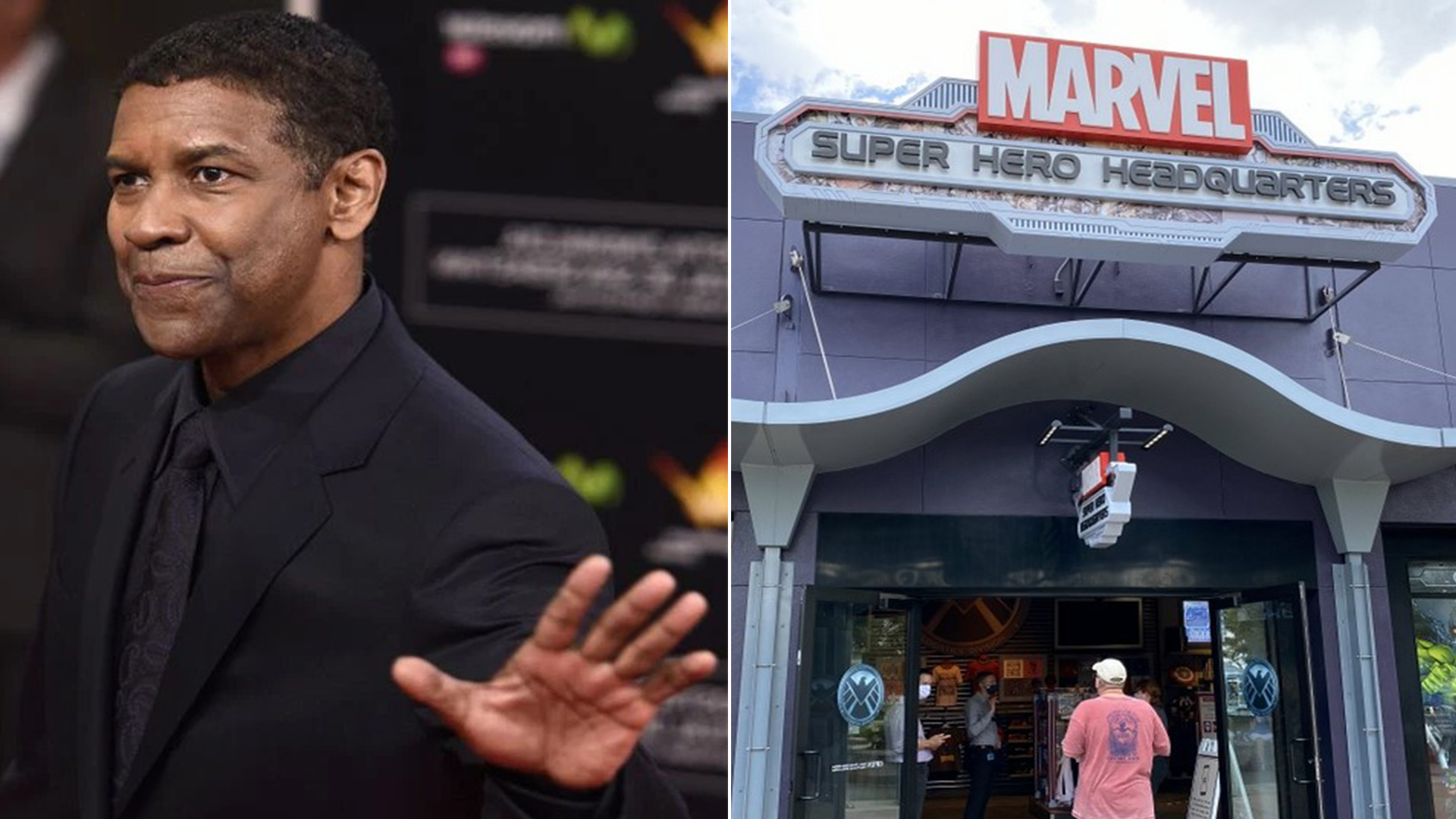In a surprising turn of events, acclaimed actor Denzel Washington has publicly turned down a staggering $1 billion offer from Marvel Studios. The news has sent shockwaves through the entertainment industry, sparking conversations about artistic integrity, the impact of “wokeness” in Hollywood, and the future of superhero films.
Washington, known for his powerful performances in films like Training Day, Malcolm X, and Fences, has built a remarkable career that spans decades. He is not only an Oscar-winning actor but also a director and producer who has often chosen projects that resonate with his personal values. His decision to decline such a lucrative deal has raised eyebrows and ignited debate among fans and industry insiders alike.
In a recent interview, Washington elaborated on his reasons for rejecting the offer, stating, “I don’t want to serve wokeness.” This statement highlights a growing sentiment among some artists and audiences who feel that the entertainment industry has increasingly prioritized political correctness over storytelling and authentic representation. Washington’s stance reflects a desire for creative freedom and a commitment to narratives that resonate with him personally, rather than conforming to trends that he perceives as inauthentic or overly ideological.
Marvel Studios, a powerhouse in the film industry, has been at the forefront of the superhero genre, producing blockbuster franchises that have captivated audiences worldwide. However, in recent years, Marvel has faced criticism for its perceived shift toward more politically charged themes and representation. While many celebrate this approach as progress, others argue it risks overshadowing the storytelling elements that initially drew fans to the franchise.
Washington’s decision is particularly notable given the immense financial implications. A $1 billion deal would have positioned him as one of the highest-paid actors in history, but for Washington, the price of compromise seems too steep. This raises important questions about the balance between artistic integrity and financial success. In an era where many actors and filmmakers prioritize commercial viability, Washington’s refusal to play the game speaks volumes about his values.
The backlash against “wokeness” in Hollywood is not a new phenomenon. Many artists and audiences alike have voiced concerns over what they perceive as a shift away from storytelling to agenda-driven content. Critics argue that while inclusivity and representation are important, they should not come at the cost of narrative depth or character development. Washington’s rejection of the Marvel deal can be seen as a reflection of this broader conversation.
Furthermore, Washington’s decision may resonate with audiences who feel alienated by the current direction of many major film franchises. Fans who grew up with the original superhero narratives may be longing for a return to stories that prioritize character and plot over social commentary. In this sense, Washington’s choice could be interpreted as an act of rebellion against a Hollywood landscape that sometimes prioritizes ideology over creativity.
While Washington’s rejection of the Marvel deal may seem like a solitary stand, it could potentially inspire other actors and filmmakers to prioritize their artistic visions over financial incentives. As Hollywood continues to grapple with its identity and purpose in a rapidly changing cultural landscape, artists like Washington serve as reminders of the importance of staying true to one’s values.
In conclusion, Denzel Washington’s decision to turn down a $1 billion deal with Marvel speaks to a larger discourse about the future of storytelling in Hollywood. By stating, “I don’t want to serve wokeness,” Washington invites us to consider the implications of artistic choices in a world where commercial success and political correctness often intersect. His rejection of the deal serves as a bold reminder that, for some artists, the integrity of their craft will always outweigh the lure of financial gain. As the industry evolves, it remains to be seen how this conversation will shape the landscape of film and television in the years to come.
